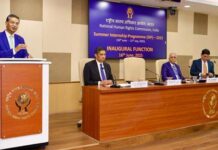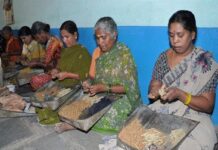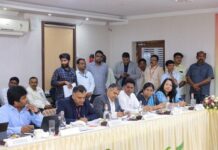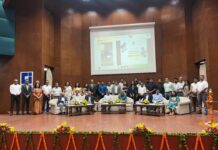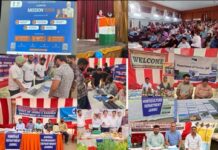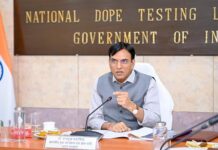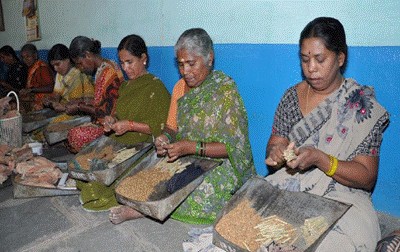JUNE 17: Over the past 11 years, the Government of India has undertaken transformative reforms in labour welfare, significantly improving the lives of more than 50 lakh unorganised workers and their families. Spearheaded by the Ministry of Labour & Employment through the Directorate General of Labour Welfare (DGLW), these initiatives reflect the government’s unwavering focus on inclusive growth and social security for underserved labour segments.
Implemented across India through the Labour Welfare Organisation (LWO), a field arm of DGLW, these schemes focus particularly on workers from the Beedi, Cine, and non-coal Mining sectors. With 18 Welfare Commissioners coordinating efforts on the ground, the schemes are designed to ensure that vulnerable workers in remote regions receive timely and meaningful support.
A flagship program under this framework is the Education Assistance Scheme, which provides annual scholarships ranging from ₹1,000 to ₹25,000 for the children of Beedi, Cine, and mining workers. Operated through the National Scholarship Portal, the scheme sees over one lakh applications annually, with funds directly transferred to beneficiaries, ensuring transparency and efficiency.
In the realm of healthcare, the Health Scheme offers outpatient care through a national network of dispensaries and financial assistance for specialized treatments. Workers suffering from serious ailments like cancer, kidney failure, tuberculosis, and heart disease receive support ranging from ₹30,000 for minor surgeries to ₹7.5 lakh for major treatments—bringing crucial medical services within reach of low-income families.
Although the Revised Integrated Housing Scheme (RIHS) was merged with the Pradhan Mantri Awas Yojana (PMAY) in 2016, the Ministry continued to honor pending housing claims until March 2024, reflecting its commitment to dignified living conditions for all workers.
These initiatives demonstrate the government’s broader vision of Sabka Saath, Sabka Vikas, by focusing on the often-overlooked sections of the workforce. The schemes have not only elevated the standard of living for millions but have also empowered families through education, healthcare, and housing security.
Going forward, the Ministry remains committed to making the welfare framework more technology-driven, outcome-oriented, and accessible. This continued focus aims to ensure that the nation’s unorganised workforce is both protected and empowered in the spirit of inclusive governance.






